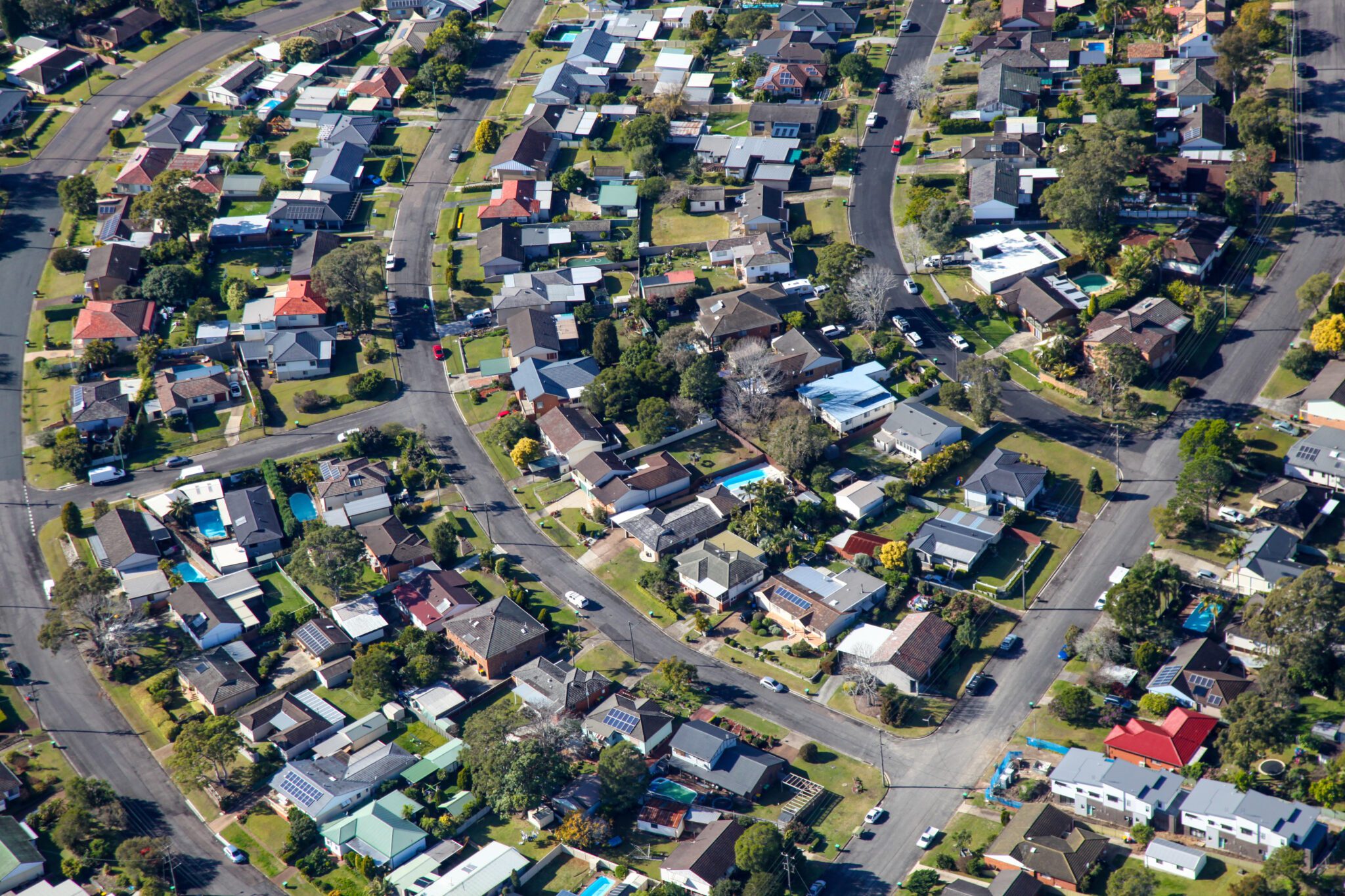On 17 September 2025, the NSW Minister for Planning and Public Spaces, the Hon, Paul Scully, tabled the Environmental Planning and Assessment Amendment (Planning System Reforms) Bill 2025 in Parliament, marking one of the most significant overhauls to the State’s planning framework in recent years. The proposed reforms aim to modernise and streamline the planning system, while embedding a more proportionate, risk-based approach to development assessment.
At Umwelt, we’ve reviewed the Bill in detail and summarised the key changes below to help our clients, partners and communities understand what’s coming and how it may affect future projects.

A New Direction for the EP&A Act
The Bill introduces material updates to the objects of the Environmental Planning and Assessment Act 1979, with the inclusion of additional objects that reflect modern planning priorities including:
- Housing supply, delivery and maintenance
- Climate resilience and disaster responsiveness
- Proportionality in assessment
- Risk-based decision-making
One of the most notable shifts is the move away from requiring consent authorities to consider impacts “to the fullest extent possible.” Instead, authorities will now focus on “significant likely impacts”, ensuring that assessment efforts are scaled appropriately to the complexity and risk of each development.
The Bill also empowers the EP&A Regulations to define which factors are relevant (or irrelevant) to development applications. This provides greater clarity for proponents and consent authorities and allows the NSW Government to respond more flexibly to emerging trends and precedents.
Updated Objects: What’s Changing?
The Bill reframes several existing objects and introduces new ones. Key updates include:
- Recognising the importance of the social and economic welfare of communities, and the promotion of economic productivity through the development and management of the State and its resources as specific objects
- Expanding the housing objects to include supply, delivery and maintenance for a broad spectrum of housing types, not just affordable housing
- Introducing a new object to promote resilience to climate change and natural disasters
- Clarifying the role of proportionality and risk-based assessment in planning decisions
- Reducing duplication by streamlining and clarifying the roles of consent authorities
- These changes reflect a more targeted and outcomes-driven approach to planning, aligning with contemporary challenges and priorities

New Development Coordination Authority
A central feature of the reforms is the creation of a Development Coordination Authority, led by the Planning Secretary. Amongst other things, this Authority will:
- Centralise agency referrals and advice, enabling applicants, councils and State agencies to have a single point of contact when dealing with the State
- Draw on internal government and external expertise to provide real time advice and improve the efficiency and timeliness of decisions
- Replace existing approval bodies for the granting and modification of Integrated Development approvals (e.g. biodiversity, bushfire, water, transport) without compromising existing environmental protections and standards
This “one-stop shop” model is designed to reduce duplication and improve efficiency.
Streamlined Assessment Pathways
The Bill proposes to:
- Revoke the regionally significant development pathway
- Remove the Sydney district and regional planning panels, with responsibility for this scale of development to be considered by existing and newly established local planning panels
- Introduce a new Targeted Assessment Pathway for developments that have already undergone strategic planning and consultation. This new assessment pathway is intended to provide a streamlined approval process that recognises early strategic planning efforts and focuses the consent authorities consideration to a restricted suite of matters including
- public submissions and legislation requirements specified under Section 4.15(1)(a)
- Broadening the application of Section 4.55(1) to apply to modifications with no environmental impact and expanding complying development pathways to allow for quicker and simpler assessment processes
Changes to Consent Authorities and Conditions
To further streamline the system, the Bill:
- Removes Sydney district planning panels and some regional panel functions
- Introduces standard and model conditions for development approvals
- Clarifies the application of non-discretionary development standards
Model conditions will take precedence over other conditions where inconsistencies arise, and consent authorities must disregard certain DCP provisions unless specifically adopted.

Community Participation and Housing Delivery
The reforms also include:
- Application of a State-wide Community Participation Plan (CPP) to unify engagement processes across NSW’s 100+ consent authorities
- Legislative recognition of the ongoing role of the Housing Delivery Authority
- Expanded Complying Development pathways, including by permitting minor variations to standards in the codes and introducing deemed approval periods for minor variations
These changes aim to improve the efficiency of the Planning System by expediating the assessment of low-risk proposals, reducing duplication and improving consistency, and include a key focus on promoting housing supply, affordability and construction timeframes.
Appeals, Modifications and Transitional Arrangements
The Bill provides clarification and updates to the timeframes and circumstances upon which different types of approvals are deemed to have lapsed, along with updates to provisions relating to reviews and appeals of decisions made under the Act.
Transitional arrangements will apply to development applications and regionally significant developments that have been lodged, but not yet determined, prior to the commencement of the Environmental Planning and Assessment Amendment (Planning System Reforms) Act 2025. These arrangements will ensure that projects already in the system are subjected to minimal disruption and are assessed under appropriate rules.
What Happens Next?
The Bill is expected to be debated in Parliament in the coming months. If passed, we can expect to see the NSW Government develop necessary enabling frameworks to deliver the reforms, most likely through a staged rollout over several months commencing in the first quarter of 2026.
For more information on how these changes may affect your projects, or to discuss strategic planning opportunities, please reach out to your Umwelt contact or our planning advisory team via our enquiry form.
Update: Reforms Passed Overnight
These reforms were passed overnight (Tuesday, 11 November 2025) in both Houses of the NSW Parliament.
If you’re keen to find out more about the Reforms, tune into the Greener Way Podcast, where Jane Gibbs (Umwelt’s ESG Advisory Lead) speaks with Michelle Baltazar about the changes, and what they mean from an ESG and Sustainability perspective: https://www.fssustainability.com.au/section/podcast


